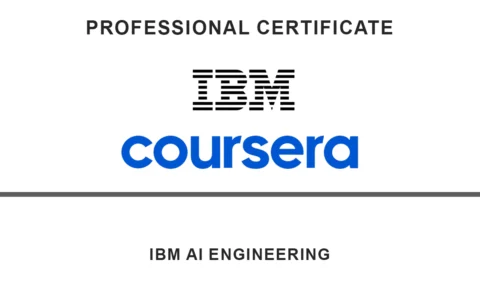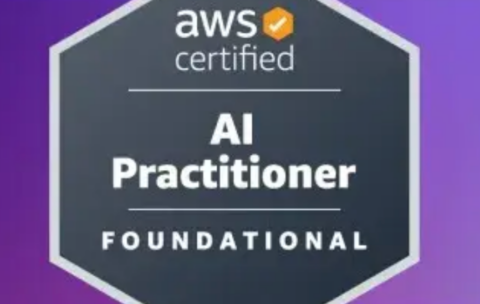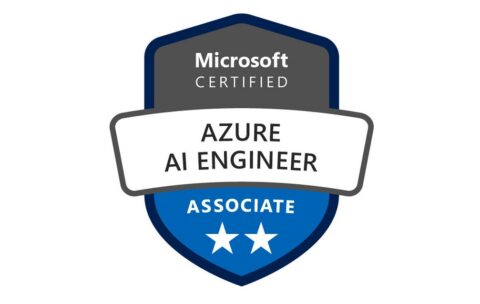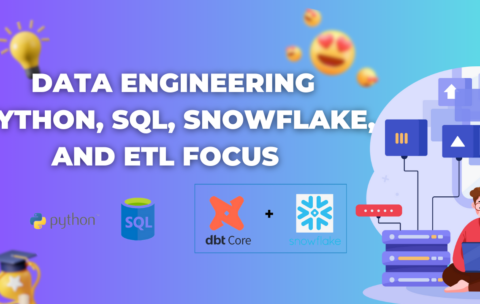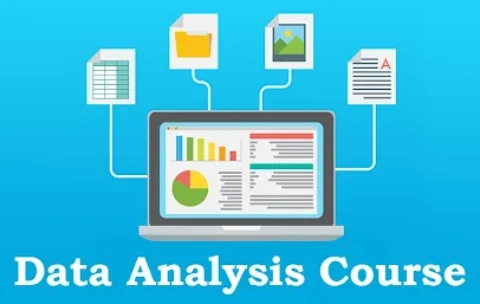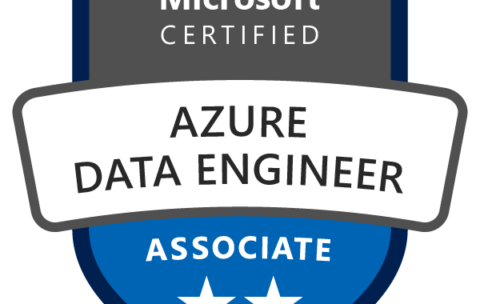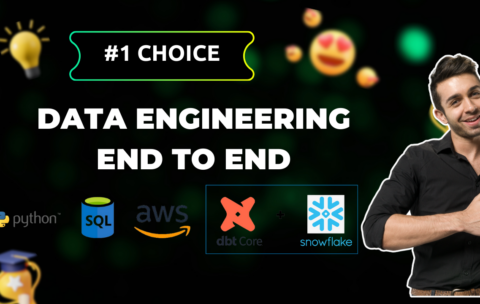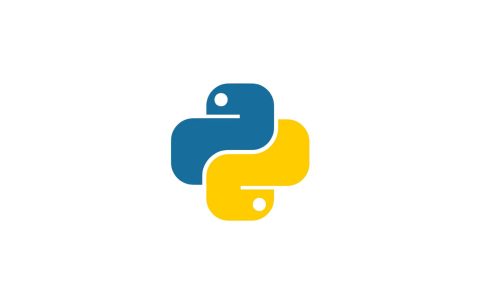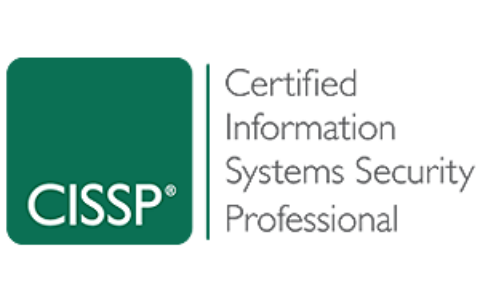Sorry, we can not find any courses for this search.
You may want to check Our Hot Courses:
IBM AI Engineering Professional Certificate
What you'll learn
Upon completing the IBM AI Engineering Professional Certificate, participants will be able to:
Apply core machine learning algorithms to real-world data using Python.
Design, build, and deploy deep learning models with Keras, PyTorch, and TensorFlow.
Utilize computer vision techniques for image analysis and processing.
Successfully execute a capstone project that demonstrates their comprehensive AI skills.
Build a portfolio of AI projects that validate their readiness for roles in AI engineering.
AWS Certified AI Practitioner
What you'll learn
Upon completion of the course, students will be able to:
Confidently design and implement AI solutions using AWS services.
Leverage AWS tools to build, deploy, and maintain machine learning models in production.
Navigate the AWS Certified AI Practitioner exam with a clear understanding of its structure and requirements.
Apply best practices for security, performance, and scalability in AI applications on AWS.
Microsoft Certified: Azure AI Engineer Associate
What you'll learn
Upon completion of the course, students will be able to:
Confidently design and implement AI solutions that align with business needs.
Leverage Azure AI services to integrate advanced machine learning models into production environments.
Prepare for and pass the AI-102 exam, earning the Microsoft Certified: Azure AI Engineer Associate credential.
Apply best practices in security, compliance, and maintenance of AI solutions.
Data Analyst Mastery
What you'll learn
Learning Path and Outcome
Python Proficiency: Automate ETL workflows and interact with Snowflake.
SQL Mastery: Query, optimize, and transform data within Snowflake.
ETL Expertise: Build and automate data pipelines using dbt and Python.
Snowflake Knowledge: Master data warehousing concepts and prepare for certifications.
Job Readiness: Gain practical experience through projects and interview prep.
Azure Data Engineering: End-to-End Track (60-80 Hours)
What you'll learn
Python and SQL Mastery: For data manipulation and querying
ETL Expertise: Build pipelines using Azure Data Factory
Real-Time Streaming: Work with Event Hubs and Databricks
Data Warehousing Skills: Create optimized data warehouses with Synapse Analytics
Monitoring and Automation: Use Azure Monitor and Automation tools
Data Engineering : Python, SQL, Snowflake, and ETL Focus Mastery
What you'll learn
Learning Path and Outcome
Python Proficiency: Automate ETL workflows and interact with Snowflake.
SQL Mastery: Query, optimize, and transform data within Snowflake.
ETL Expertise: Build and automate data pipelines using dbt and Python.
Snowflake Knowledge: Master data warehousing concepts and prepare for certifications.
Job Readiness: Gain practical experience through projects and interview prep.

